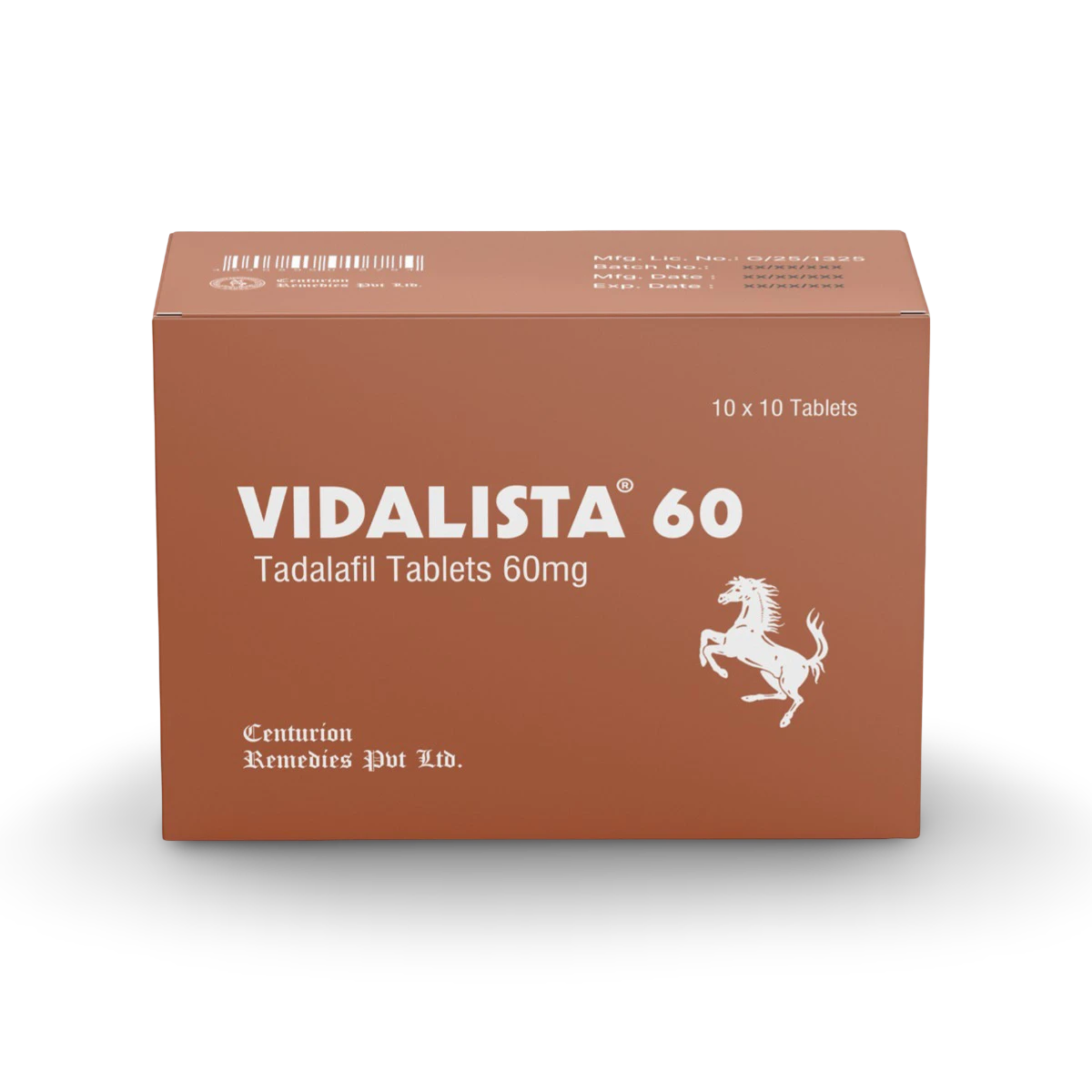Delayed Ejaculation (DE) means struggling to climax during sex, even when you are fully aroused and stimulated.
While it’s less frequently discussed than other sexual concerns like Erectile Dysfunction, DE can significantly affect personal confidence, intimacy, and overall well-being. It may occur occasionally or be a long-standing issue, with causes ranging from physical health conditions to emotional or psychological factors.
Understanding DE isn’t just about identifying a problem; it’s about exploring what’s behind it. This article will look into the possible causes, symptoms, and treatment options for DE, so read on.
What is Delayed Ejaculation?
DE is a Sexual Dysfunction where men experience significant difficulty reaching orgasm and ejaculating during sexual activity, despite adequate arousal and stimulation. Healthcare professionals typically consider ejaculation delayed when it takes longer than 30 minutes of continuous sexual stimulation.
DE can be classified into different types:
- Lifelong: Present since becoming sexually active
- Acquired: Develops after a period of normal sexual function
- Situational: Occurs only in specific circumstances or with certain partners
- Generalized: Happens in all sexual situations regardless of partner or setting
Save up to 90% on your medicine bills

Cenforce 100 mg

Cenforce 200 mg

Kamagra Oral Jelly Rx 100 mg

Vidalista 60 mg
Symptoms of Delayed Ejaculation
The primary symptoms of DE can vary in severity and frequency. They may include:
- Prolonged sexual activity without ejaculation: Requiring over 30 minutes of stimulation to reach climax.
- Inability to ejaculate during intercourse: Despite achieving an erection and feeling pleasure, ejaculation may not occur.
- Only achieving orgasm through specific stimulation: Only achieving orgasm through specific stimulation, such as masturbation but not during partnered sex, may indicate a difficulty with sexual response or arousal, which can be part of a broader pattern of female sexual dysfunction.
- Reduced sexual satisfaction: Individuals may experience frustration, embarrassment, or Anxiety due to delayed climax, which can affect overall enjoyment and confidence during intimacy.
- Relationship stress: Ongoing unfulfilled sexual experiences can lead to tension, decreased emotional closeness, and strain in the relationship.
The symptoms must last for six months or more and cause notable personal or relationship distress to be clinically diagnosed as DE.
Delayed Ejaculation causes
The causes of Delayed Ejaculation are often multifactorial and can be divided into three categories:
Physical (organic) causes
These involve biological or physiological factors that interfere with the normal ejaculation process:
- Chronic health conditions: Diabetes, kidney disease, and prostate surgery complications
- Neurological disorders: Stroke, Multiple Sclerosis (MS), spinal cord injury, or neuropathy
- Hormonal imbalances: Low Testosterone levels or thyroid dysfunction
- Substance use: Excessive alcohol, recreational drug use, or smoking
- Medication: Some medications like antidepressants, antipsychotics, antihypertensives, and diuretics can also cause DE
Psychological Causes
Mental and emotional factors often contribute to or worsen DE:
- Mental health conditions: Depression and Anxiety can lower sexual responsiveness and contribute to performance issues.
- Sexual performance pressure: Worrying about satisfying a partner may delay climax.
- Relationship problems: Emotional disconnect can impact sexual function.
- Sexual trauma or guilt: Past experiences or cultural/religious beliefs may create internal conflicts about sexual activity.
Behavioral and situational causes
DE can sometimes occur only in specific contexts or situations.
- Over-reliance on masturbation: Especially when involving specific techniques or frequencies that differ significantly from partnered sex. Some experts link DE to unusual masturbation patterns and fantasy life, including high-frequency use, unique techniques, and a mismatch between sexual reality and fantasy.
- Infrequent sexual activity: May cause desensitization or disconnect during partnered experiences.
- Low sexual arousal: Due to boredom, lack of attraction, or unfamiliar settings.
Professional diagnosis and evaluation
There is no single test for DE. The diagnostic process may include:
- Comprehensive medical and sexual history review
- Physical examination focusing on neurological and genital function
- Laboratory tests for hormone levels and underlying conditions
- Psychological assessment to identify emotional factors
- Medication review to identify potential contributing drugs
Open communication during this process ensures accurate diagnosis and effective DE treatment planning.
How to treat Delayed Ejaculation?
Treating DE involves identifying the cause and using targeted approaches, including medical, psychological, and lifestyle strategies.
Medical interventions
If medications are contributing to DE, healthcare providers may:
- Adjust dosages
- Switch to alternative medications
- Temporarily stop the medication under medical supervision
Though no medication is explicitly approved for DE, some off-label medications like Amantadine or Bupropion may be helpful, depending on individual needs.
Psychological and sex therapy
Mental health support plays a key role, especially when emotional or psychological factors are involved:
- Cognitive-Behavioral Therapy (CBT) to manage Anxiety and Depression, or performance fears.
- Couples therapy to improve communication and intimacy.
- Sex therapy involves introduce techniques such as guided exercises, sensate focus, and gradual stimulation exposure.
Lifestyle modifications
Every day changes can support sexual health and reduce symptoms:
- Limit alcohol intake and avoid recreational drugs.
- Engage in regular physical activity.
- Get enough sleep.
- Manage stress through yoga, meditation, breathing exercises, or other home remedies.
- Communicate openly with your partner and explore new sexual techniques if needed.
When to seek professional help
It is essential to talk to a healthcare provider if DE is:
- Causing emotional distress or frustration
- Impacting your relationship
- Lasting consistently more than 30 minutes despite arousal and stimulation
- Linked to medications or other health conditions
Early evaluation and intervention can improve sexual satisfaction, restore confidence, and strengthen relationship dynamics. Do not hesitate to consult a professional for a personalized and effective treatment plan.
Conclusion
Addressing Delayed Ejaculation early can have a significant positive impact on sexual satisfaction, emotional health, and relationship harmony. While the causes can be varied, ranging from physical health issues to psychological or situational factors, most men can see meaningful improvement with the right combination of treatment and support.
Working closely with a healthcare provider ensures the underlying cause is identified and addressed through medical guidance, therapy, and lifestyle changes. Open communication with your partner can reduce pressure, improve intimacy, and create a supportive environment for recovery.
Patience and consistency are key, as progress may take time. However, with professional help and a proactive approach, delayed ejaculation is a manageable and often reversible condition, allowing men to regain confidence and enjoy fulfilling sexual experiences.

Frequently Asked Questions
How to delay ejaculation naturally?
Natural ways to delay ejaculation include practising the stop-start technique, pelvic floor exercises, and mindfulness to reduce Anxiety. Limiting alcohol and avoiding overstimulation may also help. These DE remedies can improve control over time without medication, especially with open communication with a partner.
Are there specific exercises that can help with DE?
Yes. Kegel exercises strengthen pelvic floor muscles and may improve ejaculatory control and help with DE. Mindfulness techniques and sensate focus exercises recommended by sex therapists can also enhance sexual response and satisfaction.
Does age automatically mean developing DE problems?
No. While age-related changes like slower nerve response or hormonal shifts can contribute, ageing doesn’t guarantee DE. Many older men maintain normal ejaculation, especially when overall health and sexual function are preserved.
Can dietary changes or supplements help with DE?
No specific foods or supplements are proven to treat DE. However, maintaining good overall health through proper nutrition supports sexual function. Always consult healthcare providers before trying supplements or any significant dietary changes.
How does DE affect fertility and conception attempts?
DE can make natural conception more challenging, especially if ejaculation rarely occurs during intercourse. However, it doesn’t necessarily mean infertility. Fertility specialists may recommend methods like timed intercourse or sperm retrieval for assisted reproduction. With the right support, many couples can still conceive successfully.
What should partners know about supporting someone with DE?
Partners can help by maintaining open communication, avoiding pressure or criticism, and participating in therapy if recommended. Understanding that this is a medical condition, not a personal rejection, helps maintain relationship intimacy.
When referencing outside resources, GoodrxMedicine always provides full citations. To learn more about the measures we use to maintain the quality of our content, please review our Content Information Policy.











